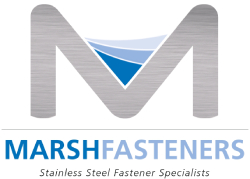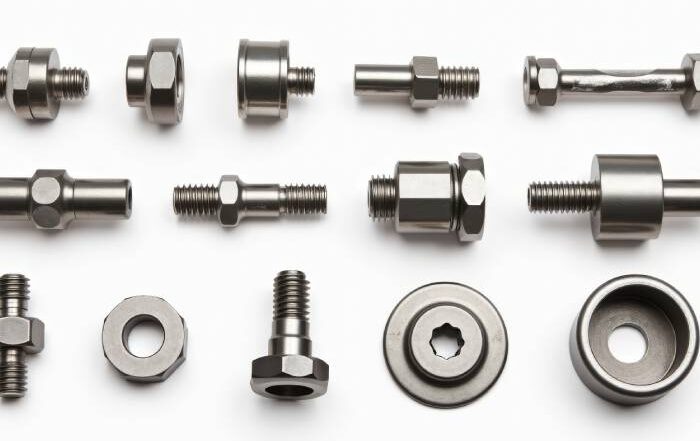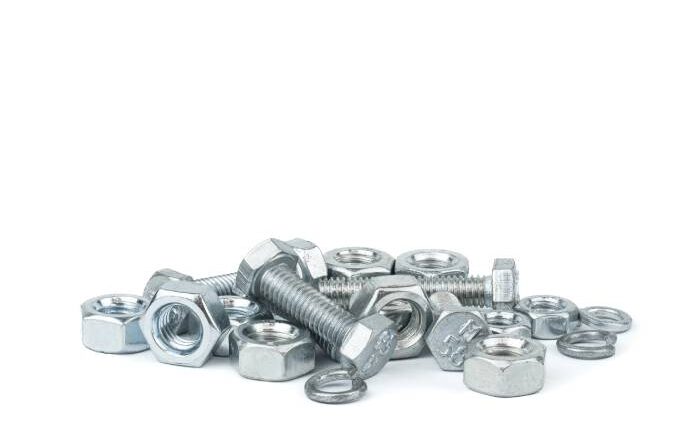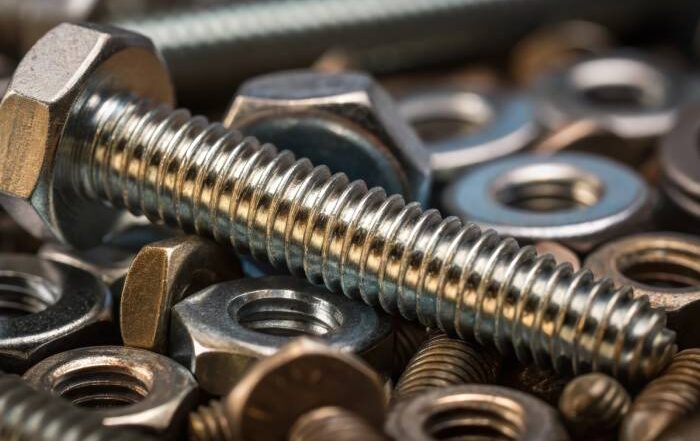
In our latest blog post, we answer frequently asked questions on stainless steel fasteners:
How Can I Select a Fastener for a Particular Use?
There are several factors that come into play when you want to select a fastener for any application. These include:
- The number and/or the size and/or the strength of the fasteners required will have to be considered. You have to carry out an analysis of these factors with a program such as BOLTCALC.
- The best bolt material to withstand the elements in the area of application will determine which fastener will be suitable.
- You will have to select a steel fastener with the appropriate surface protection to prevent corrosion as well as a material that will be suited to the environmental conditions.
You need to consider each application and analyze the requirements a fastener should meet before selecting the best material.
How Can I Easily Check The Torque Value on a Bolt?
Checking of torques applied to bolts after their installation is possible through the “crack-on” method when a socket begins to move away from the tightened position in the tightening direction.
You can also check torque with the “crack-off” method when a socket begins to move away from the tightened position in the untightening direction. If you re-tighten the fastener up to a marked position, in the tightening direction, you can also check torque.
Always apply torque in a slow and deliberate manner to minimize the dynamic effects on the gauge reading. Make sure the member that does not rotate stays put when checking the torque.
Is There a Difference Between a Bolt and a Screw?
Yes, there is. And, the best way to describe the difference is by understanding that you use screws with tapped holes and bolts with nuts.
Additionally, a screw is a tapered fastener that bonds with an existing thread or creates its own thread in a material as it rotates. On the other hand, bolts are non-tapered fasteners that require washers and nuts to hold objects together.
Most Stainless Steel Fasteners I Have Seen Have Marks on The Head. What Are These?
There are two types of marks on a bolt:
- The first is the manufacturer’s or importer’s mark, which is a symbol identifying the manufacturer, and
- The second is the grade mark which is a standardized mark that identifies the material properties that the fastener meets.
We Need Help Because When We Tighten Stainless Steel Bolts, They Tend to Seize. Can You Kindly Assist?
Cold welding is common with stainless steel material. This happens when the metal forms an oxide to protect against corrosion. This leads to increasing adhesion problems during tightening. And, in extreme cases, the actual freezing together of the threads.
You can solve the problem by trying the following:
- Slowing down the installation RPM speed,
- Frequent lubrication of the internal and/or external threads, and
- Using different combinations of nut and bolt materials.
The Specifications on The Fastener Don’t Include The Shear Strength. How Can I Find It?
The shear strength of a steel fastener is about 0.6 times the tensile strength.
Do The Fine Threaded Fasteners Have Any Unique Benefits Over The Coarse Threaded Fasteners?
Yes, they do and these benefits include:
- Less tendency to loosen,
- Finer adjustments due to their smaller pitch,
- More strength size for size compared to a coarse thread,
- Easier to tap into hard materials and thin-walled tubes, and
- They require less torque to develop equivalent bolt preloads.
Why is Stainless Steel Used for Fasteners?
- Resistance to corrosion: Stainless steel doesn’t rust, meaning that the product will last longer and corrosion won’t affect the magnetic properties of the metal.
- Low maintenance: Stainless steel is easy to clean and since it’s resistant to corrosion and rust, it’ll consistently have a flawless look on its own.
- Value: Stainless steel fasteners are quite expensive, but they are definitely worth the money since they can last for over 50 years.
- Strength: Stainless steel is incredibly durable and can withstand harsh weather conditions and corrosive environments.
What Are The 6 Basic Types of Fasteners?
- Screws: This is a popular fastener that creates its own threads when it’s rotating or fastening into material.
- Nails: Nails are a common household item and don’t have threads like screws. Nails are often used to fasten wood and secure materials to metals, concrete, and masonry.
- Bolts Nuts: This is the most common type of threaded fastener that’s always used alongside a nut.
- Anchors: Anchor fasteners are usually used in construction and stone industries to connect structural and non-structural material to the concrete.
- Rivets: Rivets are mechanical fasteners that are inserted through holes to conjoin multiple parts.
- Washers: These are thin plates with circular holes in the center. They are used to distribute the load of a threaded fastener, such as a bolt or nut.
If you have any more questions about stainless steel fasteners, don’t hesitate to get in touch with Marsh Fasteners today.



